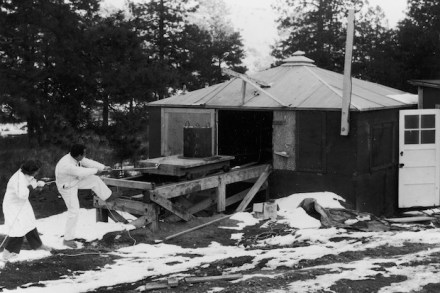In the heart of darkness, the atom bomb
At the dark heart of this dark book is a startling fact: Joseph Conrad was employed to steam up the Congo river by the same company, Union Minière du Haut Katanga, that later shipped uranium from the Congo to the US, where it was used to make the bombs that devastated Hiroshima and Nagasaki. Patrick





















